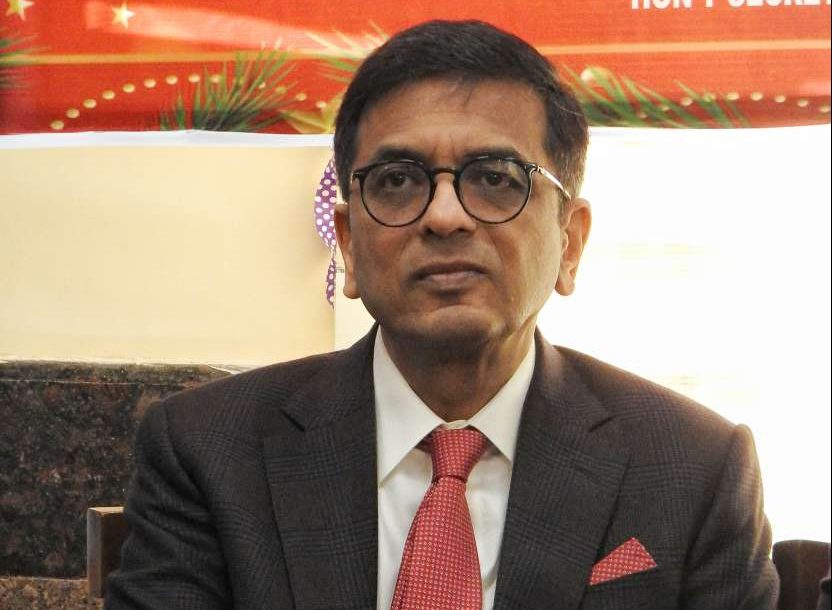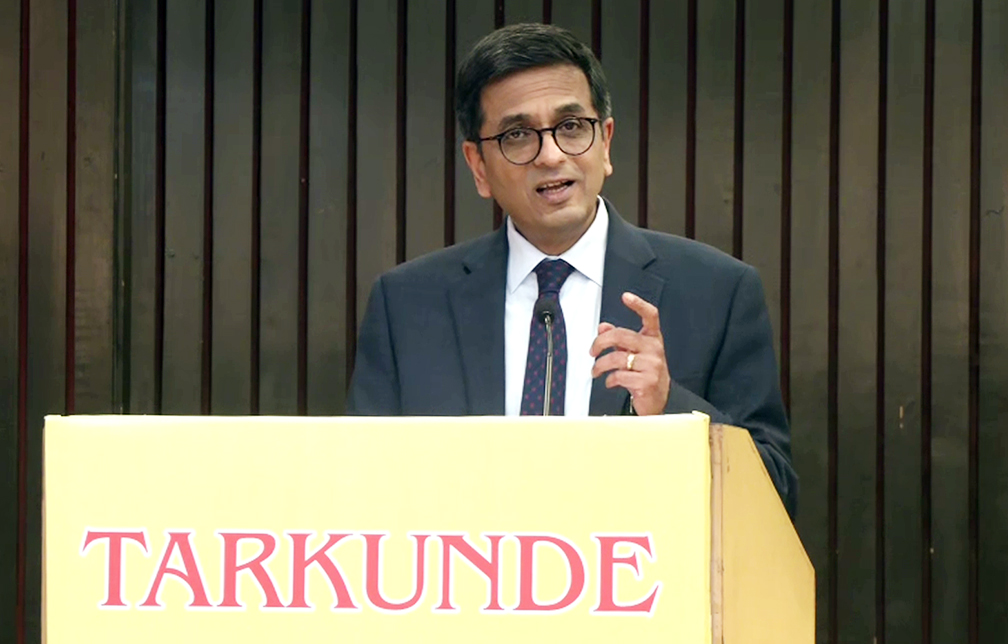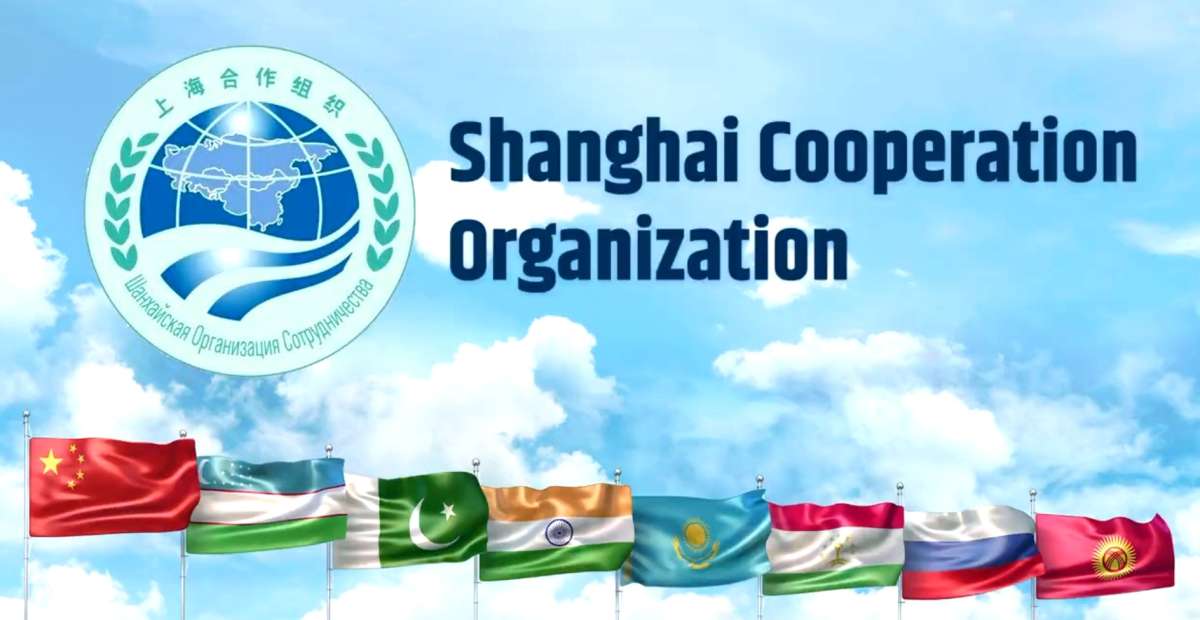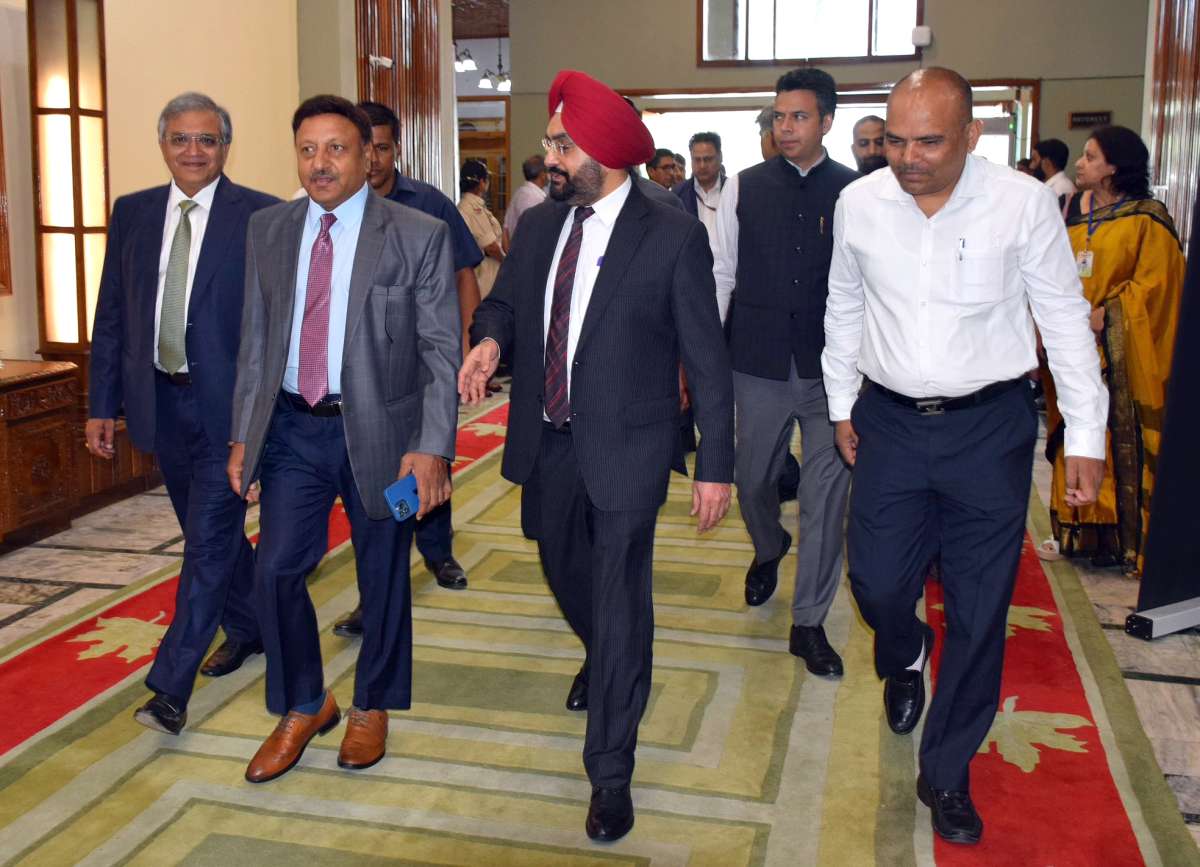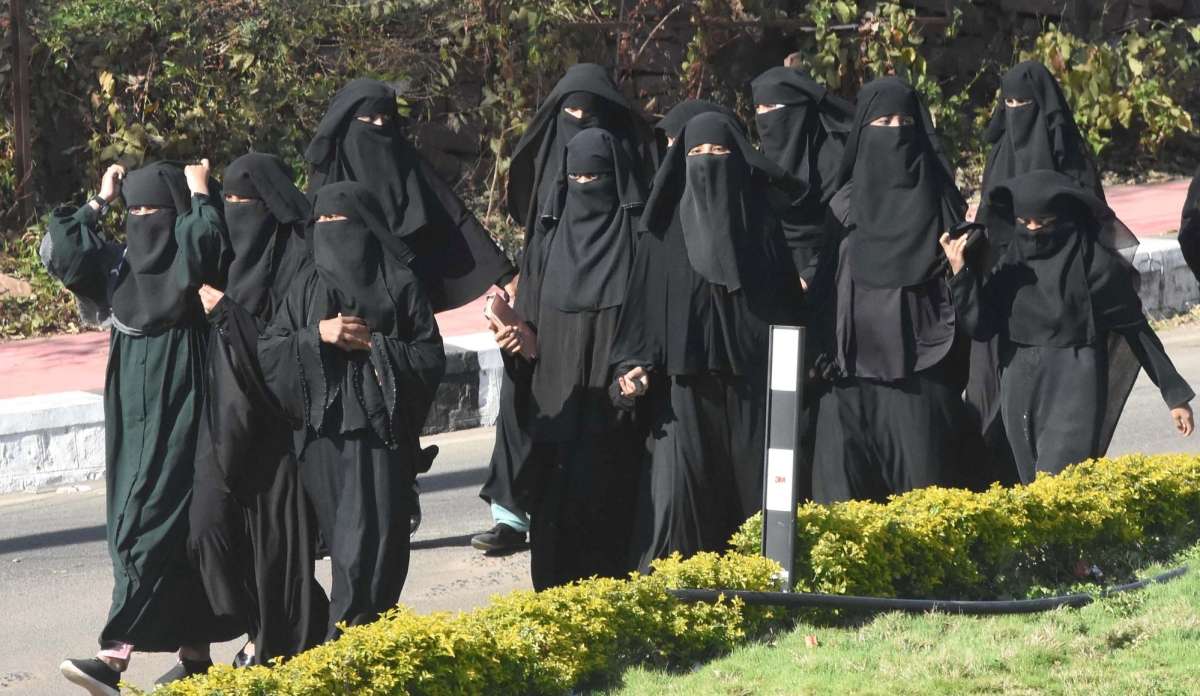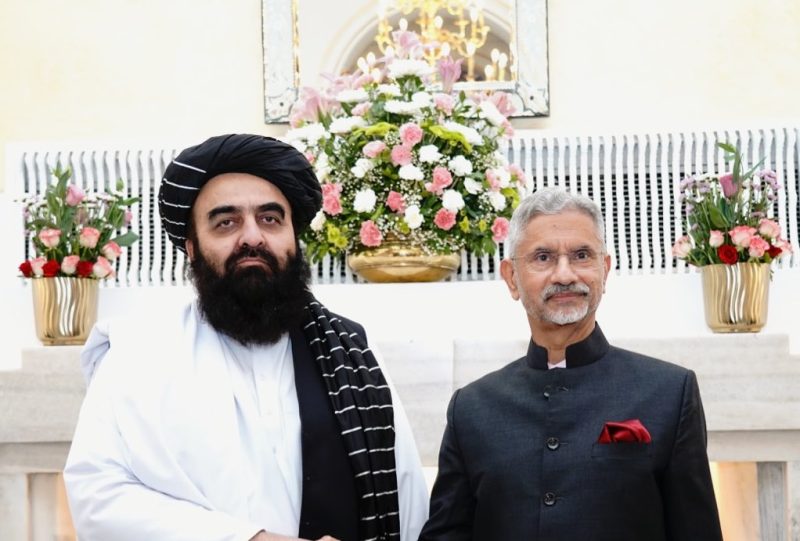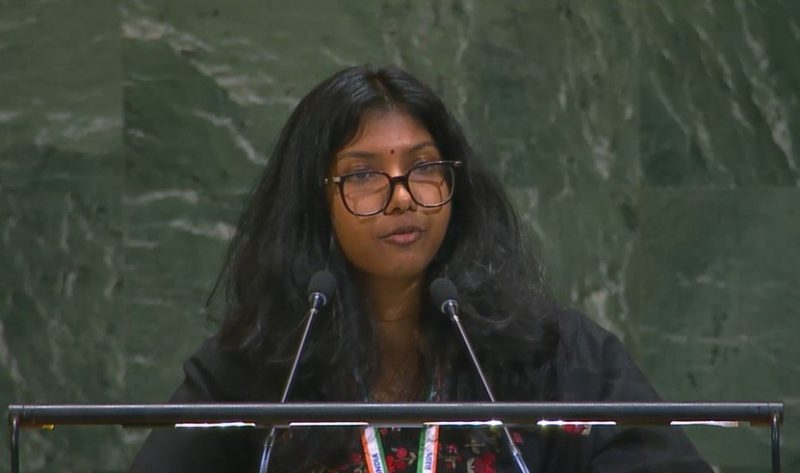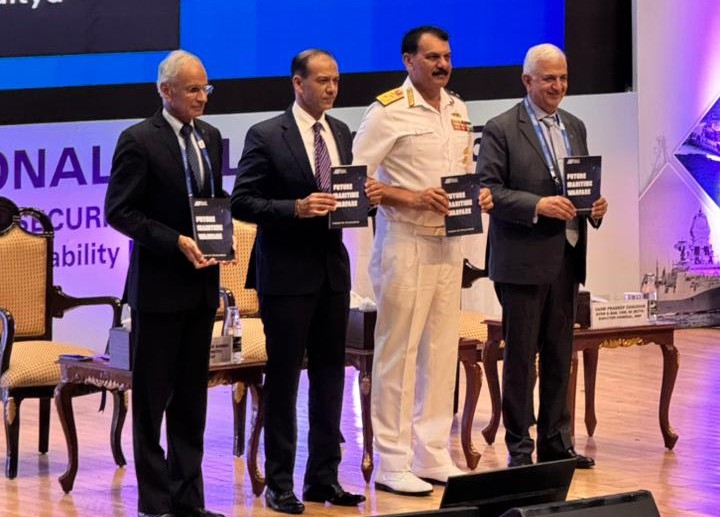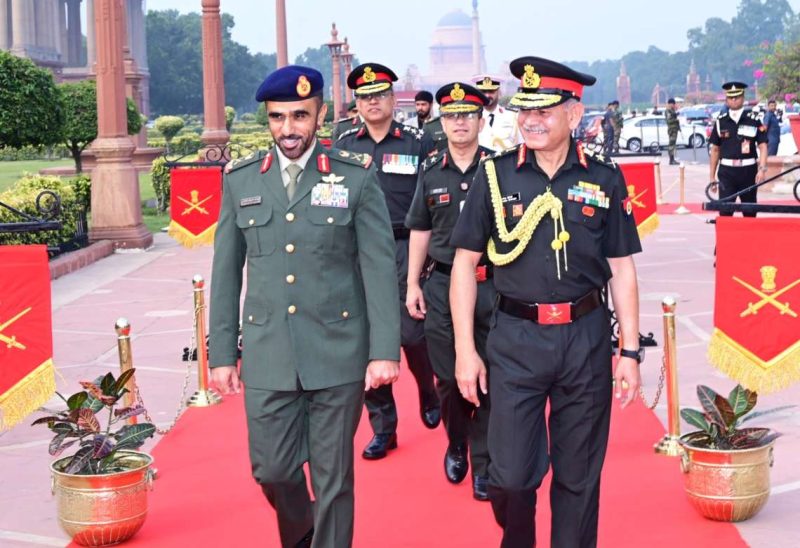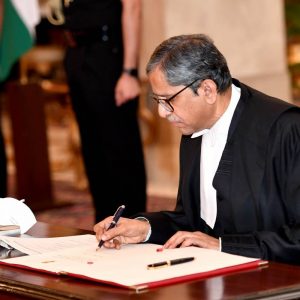Addressing the reported friction between the judiciary and the government over judicial appointments, Chandrachud called for collaboration within the constitutional framework…reports Asian Lite News
Chief Justice of India, DY Chandrachud, emphasized the need for a mandatory “cooling-off” period for retired High Court and Supreme Court judges before they venture into politics. In an interview with Dainik Bhaskar, he remarked, “After retiring, judges should take some time before entering politics. Even if one chooses to join, there should be a sufficient gap.”
Chandrachud expressed concerns about the perception of judicial impartiality, stressing that judges are seen as symbols of fairness and must maintain their dignity post-retirement. “Justice must not only be done but must be seen to be done. If a judge retires today and joins a political party tomorrow, it could raise public doubts,” he noted.
On the issue of court holidays, Chandrachud defended the breaks, clarifying that a judge’s work extends far beyond court hours. He highlighted the immense workload, especially in constitutional cases, asserting that breaks are essential for the judiciary’s effective functioning.
Addressing the reported friction between the judiciary and the government over judicial appointments, Chandrachud called for collaboration within the constitutional framework. He pointed out that the appointment process involves multiple stakeholders, including the central and state governments, and the judiciary. He advocated for continued administrative dialogue to resolve any objections.
Regarding language barriers in courts, Chandrachud acknowledged the challenges faced by ordinary citizens due to the use of English in legal proceedings. He expressed support for conducting court work in Hindi or local languages but highlighted the practical difficulties posed by India’s linguistic diversity.
When asked about the potential impact of artificial intelligence (AI) on the judiciary, Chandrachud noted the transformative effect of technology on the judicial landscape. He mentioned an MoU with IIT Madras to enhance court registries using AI but cautioned against over-reliance on technology, emphasizing the irreplaceable value of human judgment in legal matters.
On the issue of infrastructure challenges in courts, Chandrachud pointed out that many district courts operate with insufficient space, leading to multiple trials being conducted simultaneously in a single room. He called for greater investment by state governments to address these issues and revealed plans for a new Supreme Court building with 27 courts.
Chandrachud also addressed concerns about lengthy pre-trial detentions under laws like the POCSO Act, affirming that the Supreme Court prioritizes minimizing unnecessary custody. He underscored the need to simplify the First Information Report (FIR) process and expand judicial resources to handle increased caseloads.
Reflecting on his tenure, Chandrachud stated, “It is for society to comment on my tenure… I have served this institution to uphold constitutional values.”


